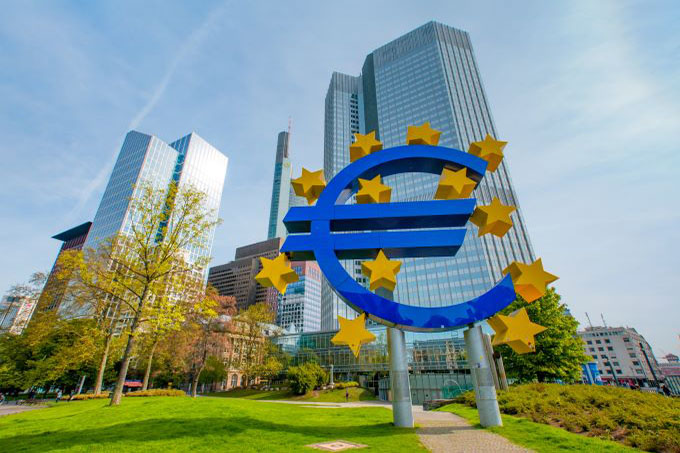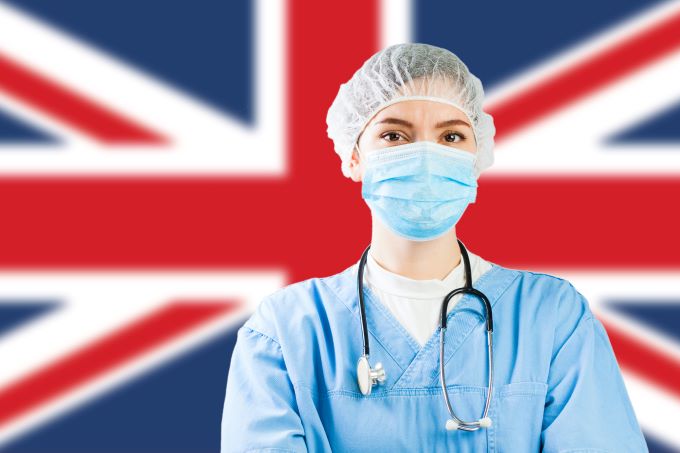If you are a European tourist, America is the best value for money that it’s been for more than a year right now.
The following are the most recent pieces of Forex fundamental analysis from around the world. The Forex fundamental analysis below covers the various currencies on the market and the most recent events, announcements, and global developments that affect the Forex market.
Most Recent
Ahead of the Pittsburgh meeting of the group of 20 strongest economies (G20) later this week, speculation has been raised that leaders will call for changes as to how the world’s economy should run.
According to The Bank of England, Sterling may become a long term victim of the recession, settling at a lower level than other major currencies (of course, this has all the hallmarks of a self-fulfilling prophesy).
Top Forex Brokers
With the exception of the Nikkei, all of the world’s major stock markets gained ground over the course of last week, continuing the trend of the previous week. In Europe, the FTSE put on a further 3.2% of its value, closing at 5172.9; the CAC gained 2.5%, closing at 3827.8; on the back of the previous week’s strong gains, the Dax still managed to close up by 1.4% at 5703.8.
The world’s second largest economy is powered by exports to the rest of the world. When the misery of recession settled on the global economy, it tended to hit exporters worse than home-based manufacturers. For the Japanese, there is also the complication stemming from their long-running zero interest rate policy to be added to this.
When recession bites, businesses lose sales, but their overheads remain. Ultimately, there comes a point where they will have to shed the workforce to save on costs; often there is little work for employees to do since demand is down.
Yukio Hatomaya, of the Democratic Party of Japan (DPJ), took office yesterday as prime minister of the world’s second largest economy, ending 50 years of rule by the Liberal Democratic Party of Japan.
There is a curious balance in the global market place between cheap imports, on the one hand, which drive consumer spending and generate profits for the middlemen and loss of domestic jobs from the competing sector on the other. Whilst we all like to have high quality cheap products, we don’t want it to be at the expense of the destruction of thousands of jobs at home.
Over the course of last week, all of the world’s major stock markets gained ground; reversing the trend of the previous week. In Europe, the FTSE put on 3.3% of its value, closing at 5011.4; the Dax gained ground to the tune of an impressive 4.45%, closing at 5624.02; the CAC made 3.8%, closing at 3734.89.
Bonuses & Promotions
The statement was made by UK Prime Minister Harold MacMillan in 1957 about the state of Britain’s post war economy. But you could well hear it from central bankers almost anywhere in the developed world these days, if they were talking about the cost of borrowing money.
At some time in childhood, most of us looked at a copying machine and asked our parents why, if we were short of cash (and most people were) we couldn’t just print some more money.
The US Dollar closed at 1.4473 to the Euro; its lowest level this year. Crude oil is priced in US Dollars, so there is an air of inevitability about it that the price of crude would be heading in the opposite direction.
It is easy to lose sight of the human cost of the economic recession; down-turn – call it what you will. America is the world’s most affluent country and nowhere is much more glamorous or glitzy than the play-ground city of Las Vegas that springs up like a magic castle in the Nevada desert.
Over the course of last week, all of the world’s major stock markets lost ground. In Europe, the FTSE shed 1.17% of its value, closing at 4851.7; the Dax was down by 2.41%, closing at 5384.43; the CAC lost 2.56%, closing at 3598.76. In Japan, the Nikkei finished the trading week down by 3.29%, closing at 10187.1.
Meeting in Frankfurt, Germany yesterday, the European Central Bank (ECB) decided to hold interest rates at their current level (1%).



